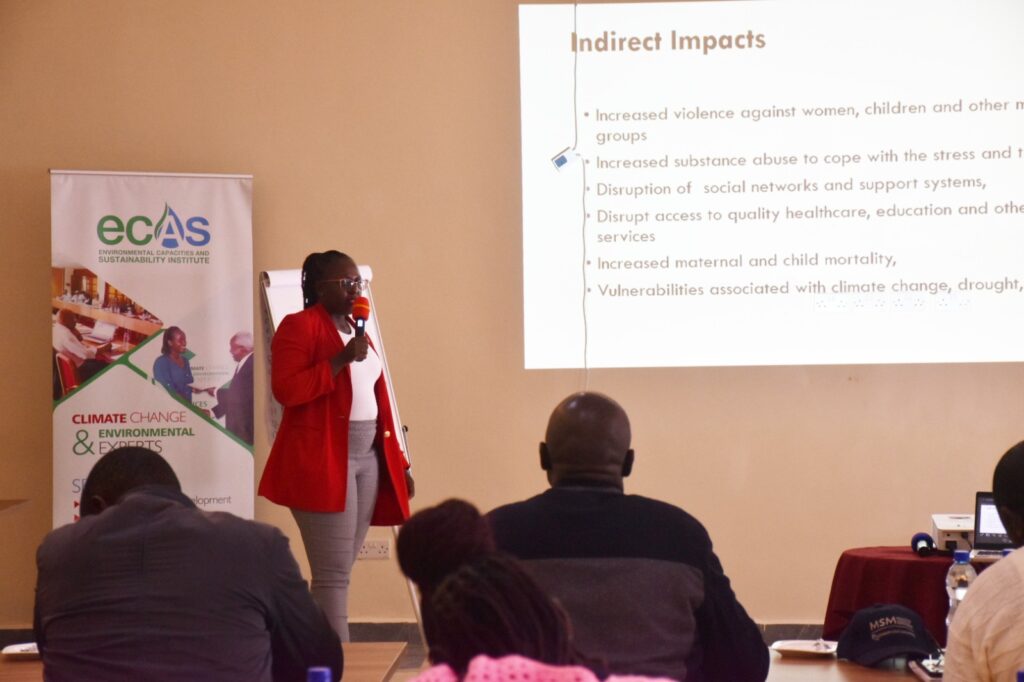
CONCEPT NOTE
INTERNATIONAL TRAINING ON NON-TARIFF MEASURES IN AGRICULTURE AND RELATED WTO AGREEMENTS
COURSE BACKGROUND
In the global trade landscape, Non-Tariff Measures (NTMs) play a crucial role in shaping the flow of agricultural goods across borders. While tariffs have been progressively reduced through international trade negotiations, NTMs—such as sanitary and phytosanitary (SPS) regulations, technical standards, and trade facilitation procedures—are increasingly influential in determining market access and competitiveness. These measures, although essential for protecting human, animal, and plant health, can sometimes serve as hidden barriers to trade if not designed or implemented transparently and fairly.
This course is designed to provide participants with a strong foundation in understanding NTMs within the context of international agricultural trade. It introduces the key World Trade Organization (WTO) agreements that govern these measures, including the SPS Agreement, the Trade Facilitation Agreement (TFA), and the Technical Barriers to Trade (TBT) Agreement. Through a detailed analysis of the rules, procedures, and institutional mechanisms, the course aims to empower stakeholders to better interpret, implement, and negotiate NTMs affecting agriculture.
COURSE OBJECTIVES OF THE TRAINING
By the end of this course, participants will be able to:
- Define and explain the concept of non-tariff measures and their relevance to agricultural trade.
- Interpret the main principles and obligations of the WTO SPS Agreement.
- Describe the role of the WTO SPS Committee in overseeing implementation and dispute resolution.
- Understand the provisions of the WTO Trade Facilitation Agreement and the TBT Agreement as they relate to agricultural products.
- Analyze how these international agreements influence domestic trade policy and regulatory frameworks.
- Identify best practices and policy options for complying with WTO obligations while promoting agricultural development.
WHAT YOU WILL LEARN
Participants will gain knowledge and skills in the following key areas:
- The concept and significance of NTMs in the context of global agricultural trade.
- The structure, principles, and provisions of the WTO Sanitary and Phytosanitary (SPS) Agreement and the function of the SPS Committee.
- Key features of the WTO Trade Facilitation Agreement (TFA) as they apply to agricultural commodities.
- The purpose and provisions of the Technical Barriers to Trade (TBT) Agreement.
- The interconnection of NTMs with broader trade procedures and development goals.
DURATION AND PROGRAM
TARGET PARTICIPANTS
This course is designed primarily for representatives from government agencies—particularly those involved in agriculture, trade, economy, and food safety—who engage in international negotiations or the design and enforcement of agricultural trade policies. It is also valuable for private sector professionals, such as representatives of producer organizations, exporters, importers, and agro-industry associations, who need to navigate and comply with NTM regulations. In addition, academics and researchers working in agricultural economics, trade policy, and development studies will benefit from the analytical perspective offered by the course.
TRAINING STYLE
The modules will be taught through PowerPoint presentations, and lectures and will include a case study/field visit, breakout sessions, case studies and other interactive discussion components.
The course will also include a few guest speakers, both in person and via Zoom and other online learning platforms for overseas speakers. This provides useful real-world insights alongside the more theoretical aspects of the course.
The conference faculty shall consist of experienced decision makers, as well as practitioners and representatives from established educational and research institutions active around climate change, engineering and international development. Throughout the course, theoretical presentation of concepts will be moderated and more group discussions and plenary engagements will be optimized. PowerPoint presentations will be made by facilitators and resource persons, to highlight key concepts before embarking on group work.
TRAINING MODULES
| No | Module | Details | |
| 1. | Introduction to NTMs in Agriculture and the WTO Agreement on the Application of SPS Measures |
This module lays the groundwork for understanding NTMs in agriculture, focusing on the WTO’s approach to health and safety-related trade measures.
The key topics include:
|
|
| 2. | The WTO Trade Facilitation Agreement (TFA), TBT Agreement and Other Related Rules |
This module explores additional WTO frameworks that intersect with NTMs, highlighting how trade procedures and technical regulations impact agricultural trade.
The key topics include:
|
|
GENERAL NOTES
- Training manuals and additional reference materials are provided to the participants.
- Upon successful completion of this course, participants will be issued with a certificate.
- We can also do this as a tailor-made course to meet organization-wide needs. Contact us to find out more: info@ecasiafrica.org.
- Payment should be sent to our bank account before the start of training and proof of payment sent to: info@ecasiafrica.org.
ABOUT ECAS INSTITUTE
The ECAS Institute designs and delivers independent and targeted training, research, and consulting services. Our work focusses on climate change and resilience building, carbon markets, renewable energy, nature-based solution, biodiversity conservation, agriculture and food systems, We are located in Nairobi Kenya and work across the African region. We have implemented training and research assignments in Kenya, Tanzania, Uganda, South Sudan, Somalia, Malawi, Rwanda, Congo, and South Africa. Globally, we have supported our partners from the UK, Denmark, Italy, Sweden, Germany, and USA.

